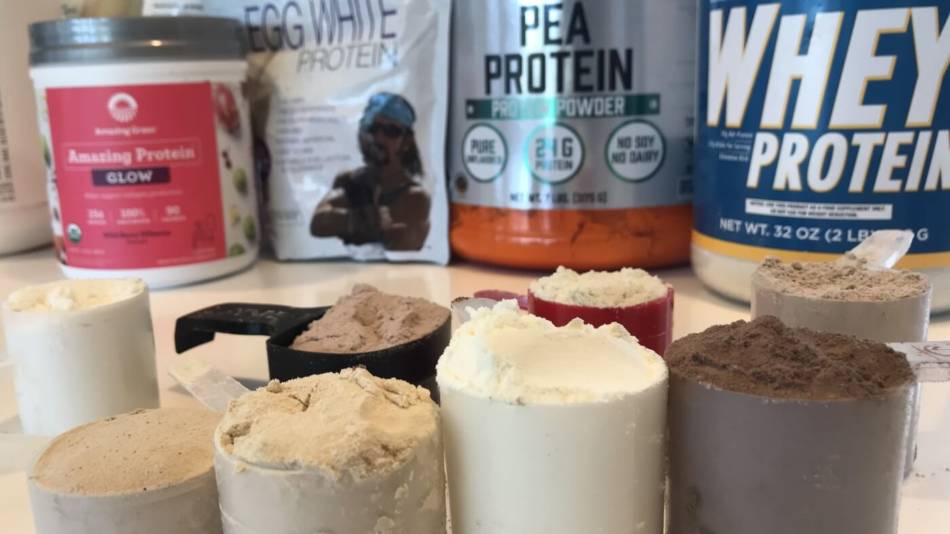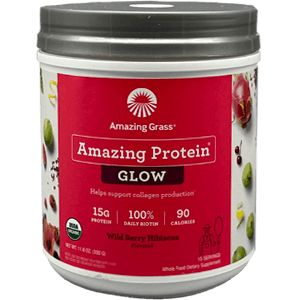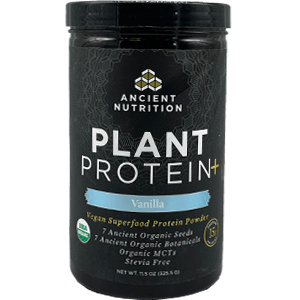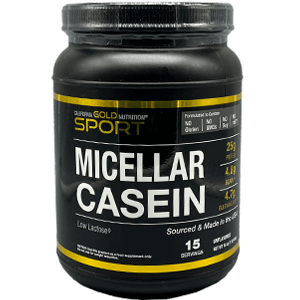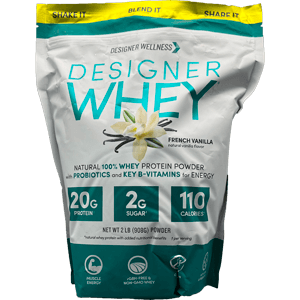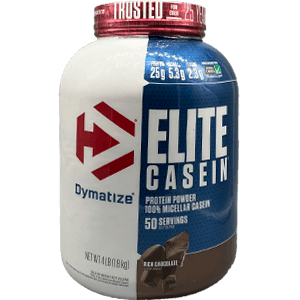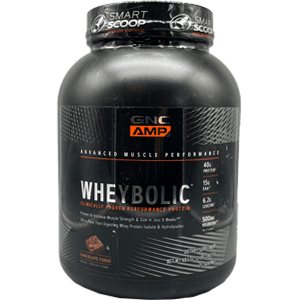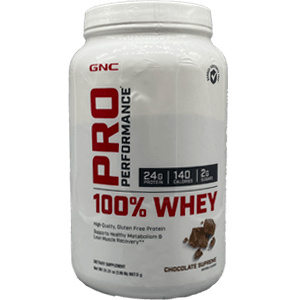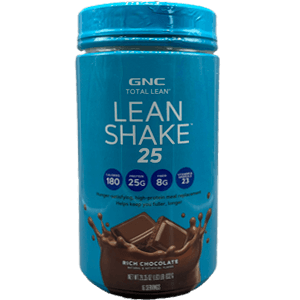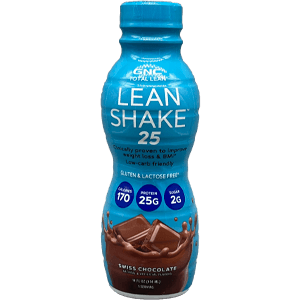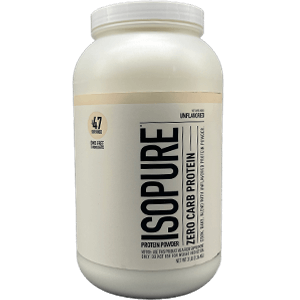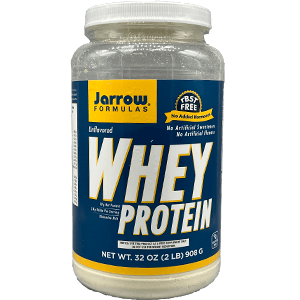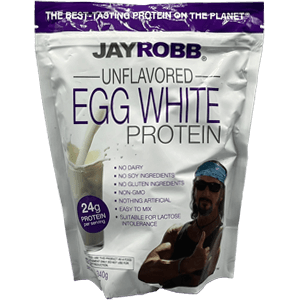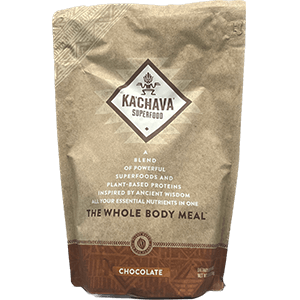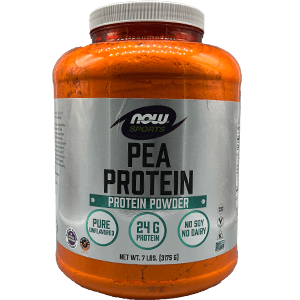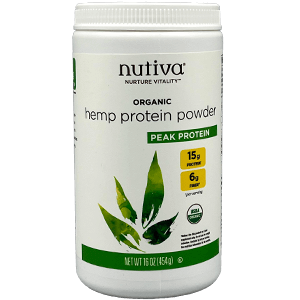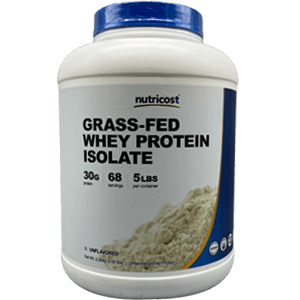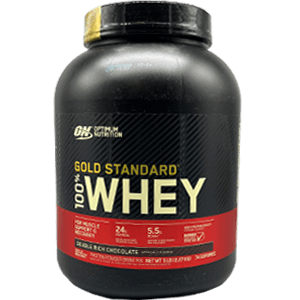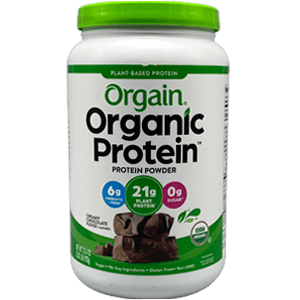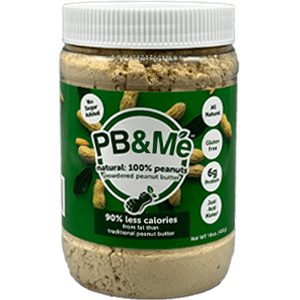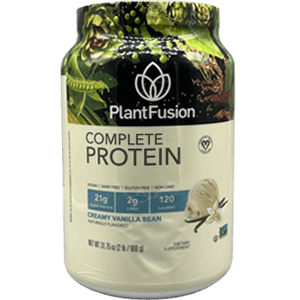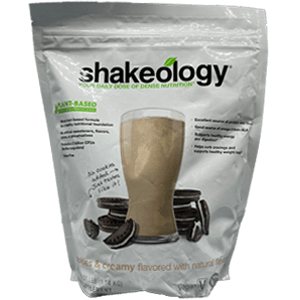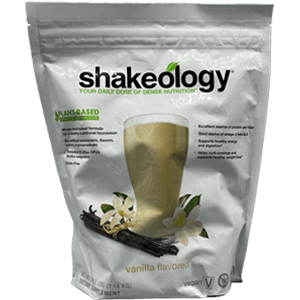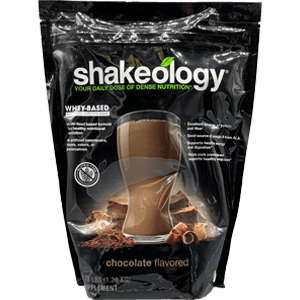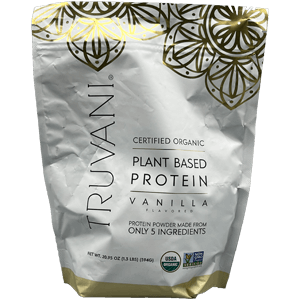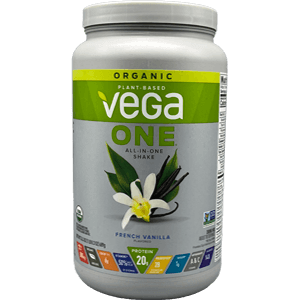Summary
-
Health benefits of protein powders:
Extra protein (typically about 30 grams to 50 grams per day) from a powder or drink can help athletes build muscle and help older people prevent or reverse age-related loss of muscle and strength when used in conjunction with resistance-type exercise. It may also help people with diabetes maintain blood sugar levels and even help reverse diabetes if taken as part of low calorie diet (See What It Does).
-
What type of protein powder is best?
Protein products vary based on the source of protein (e.g., whey, casein, soy, rice, pea, egg, hemp, peanut, and cricket). All can help build muscle, but, in general, whey is most popular as it is a complete protein and rather quickly digested. Casein is digested more slowly — which is why it is sometimes taken in the evening to counter loss of muscle at night. Vegans may be more interested in plant sources, such as soy, pea, rice, and hemp. See ConsumerTips™, Protein for more about each type of protein. Note that protein powders are ultra-processed foods, having been separated from whole foods sources (see What It Is).
-
What did CL's tests of protein powders find?
Among the protein products that ConsumerLab.com selected for review, three failed our tests, one of which was found to be contaminated with lead and contain more fat, sodium, and calories than listed. Interestingly, none of the failures related to protein content (see What CL Found).
Among products that were Approved, the lowest cost to obtain an equivalent amount (20 grams) of protein was 42 cents while it was over $5 for some products with many additional ingredients.
-
Which protein powders are CL's Top Picks?
Based on a combination of quality, cost, and taste, calories, and ingredients (as summarized for each product in the Results table), we identified a Top Pick for each of the following categories:
-
How to use protein powders:
Protein taken after, rather than before, exercise may be more beneficial (See What It Does). Protein powders are typically mixed with water or other liquids such as milk or juice, but be aware that these can add calories (See What to Consider When Using). Also be aware that taste of powders varies by protein type, flavorings, the addition of sugar or other sweeteners, and that some powders mix more easily into liquids than others (see the taste and mixability comments in the Results Table).
-
Protein powder safety and side effects:
Protein supplements may cause gastrointestinal discomfort in some people, and individuals with lactose intolerance or milk allergies may want to avoid certain milk-based proteins. Although increasing protein intake is not associated with a decrease in kidney function in healthy adults, people with, or at high risk of, kidney disease may be advised to limit protein intake (see Concerns and Cautions).
+— 119 sources
In addition the results of its expert testing, ConsumerLab uses only high-quality, evidence based, information sources. These sources include peer-reviewed studies and information from agencies such as the FDA and USDA, and the National Academy of Medicine. On evolving topics, studies from pre-print journals may be sourced. All of our content is reviewed by medical doctors and doctoral-level experts in pharmacology, toxicology, and chemistry. We continually update and medically review our information to keep our content trustworthy, accurate, and reliable. The following sources are referenced in this article:
- Krok-Schoen, J Nutr Health Aging 2019
- Gropper, J Nutr Geron Geriat 2019
- Deutz, Clin Nutr 2014
- Cermak, Am J Clin Nutr 2012
- Morton, Br J Sports Med 2017
- Padden-Jones, Curr Opin Clin Nutr Metab Care 2009
- Reljic, Nutrients 2022
- Clynes, Calcif Tissue Int 2015
- Fernandes, Exp Gerontol 2018
- Nabuco, Nutr Metab Cardio Dis 2018
- Liao, Nutrients 2023
- Bhasin, JAMA Int Med 2018
- Li, J Acad Nutr Diet 2021
- Holweda, Nutr Physio Metab 2018
- Bjorkman, JAMDA 2019
- Dulac, Br J Nutr 2020
- Unterberger, Clin Nutr 2022
- Arentson-Lantz, J Gerontol Biol Sci Med Sci 2019
- Juliano, BMJ 2021
- Oikawa, Am J Clin Nutr 2019
- Longland, AJCN 2016
- Nabuco, Clin Nutr ESPEN 2019
- Oberoi, Nutr Diabetes 2020
- Cereda, Cancer Med 2019
- Deutz, Clin Nutr 2016
- Glynn, J Nutr 2022
- Allerton, Br J Nutr 2018
- Jakubowicz, Diabetologia 2014
- Ma, Diabetes Care 2009
- Smith, J Clin Endocrinol Metab 2023
- Lorinczova, Nutrients 2021
- OPTIFAST
- Steven, Diabetes Care 2016
- U.S
- Owen, N Engl J Med 1993
- Benner, J Renal Nutr 2018
- Weiner, ASN Kidney Week 2020
- Lefferts, Nutrients 2020
- Kimura, J Nutr 2014
- Maughan, J of Nutr 2013
- Clean Label Project, 2018
- Bandara, Toxicol Rep 2020
- Schlemmer, Mol Nutr Food Res 2009
- Gorissen, Amino Acids 2018
- Craig, J Am Diet Assoc 2009
- Lands, J Appl Physiol 1999
- Tsutsumi, Austin J Nutri Food Sci 2014
- Micke, Eur J Clinical Investigation 2001
- Karelis, J Nutr Health Aging 2015
- Kalman, Foods 2014
- Pape-Zambito, J Dairy Sci 2010
- Blahova, J Dairy Sci 2016
- Haun, Sci Rep 2018
- FDA, GRAS Notice No. 863
- Madureira, Food Res Int 2007
- Joy, J Int Soc Sports Nutr 2018
- Park, World J Mens Health 2014
- Allen, Br J Cancer 2008
- Pettersson, Cancer Epidemiol Biomarkers Prev 2012
- Messaoudi, Eur J Nutr 2005
- Kim, Nutrients 2019
- Young, J Am Diet Assoc 1991
- Hevia-Larrain, Sports Med 2021
- Haun,Sci Rep 2018
- Messina, Nutrients 2016
- Messina, Thyroid 2006
- Sathyapalan, Front Endocrinol 2018
- Bosland, JAMA 2013
- Reger, Int J Cancer 2018
- Joy, Nutr J 2013
- Guillin, Am J Clin Nutr 2021
- Naczk, J Food Sci 1986
- Babault, J Int Soc Sports Nutr 2015
- Banaszek, Sports 2019
- Srikantia, FAO 1981
- Hida, Nutrients 2012
- Rodriguez-Leyva, Nutr Metab 2010
- Callaway, Euphytica 2004
- ClinicalTrials.gov 2016
- USDA 2019
- Dong, Food Chem 2014
- Losso, J Food Biochem 2013
- Bo, Chest 2000
- Monro, Med Hypotheses 2013
- European Food Safety Authority in 2018
- Monteyne, Am J Clin Nutr 2020
- Monteyne, J Nutr 2023
- Finnigan, Curr Dev Nutr 2019
- CSPI, Updated 9-6-2017
- Hudson, Nutr Rev 2018
- Farsijani, J Nutr Health Aging 2020
- Smeunix, Fron Nutr 2020
- Agergaard, Clin Nutr 2023
- Chen, Nutrients 2022
- Tunick, J Dairy Sci 2016
- Fischer, Molecules 2022
- Javidipour, Dairy Sci Technol 2008
- Paul, J Food Eng 2022
- Rorie, J Allergy Clin Immunol 2019
- Kamemura, Mol Immunol 2019
- Giezenaar, Nutrients 2018
- Oberoi, Nutrients 2022
- Oberoi, BMC Geriatr 2022
- Cengiz, Health Promot Perspect 2017
- Antonio, J Int Soc Sports Nutr 2018
- Martin, J Am Diet Assoc 2006
- Knight, Ann Intern Med 2003
- Kalantar-Zadeh, Nephrol Dial Transplant 2019
- Walser, The National Academies Press 1999
- Hu, Am J Clin Nutr 1999
- Zhang, Nat Metab 2024
- Koeth, Nature Medicine 2013
- Genetic and Rare Diseases Information Center 2017
- Pellinen, Eur J Nutr 2021
- Storz, Int J Food Prop 2023
- Remer, J Am Diet Assoc 1995
- Mercedes, J Pediatr Gastroenterol Nutr 2024
- Proposition 65 THC Fact Sheet
- OEHHA, 8-8-22
You must
be a member to get the full test results, along with ConsumerLab's recommendations. You'll get results for 25 protein supplements -- 18 selected by ConsumerLab and seven that passed the same testing through our voluntary Quality Certification Program.
In this comprehensive review, you'll discover:

 Which protein products failed testing, which passed, and which are CL's Top Picks
Which protein products failed testing, which passed, and which are CL's Top Picks How protein powders and drinks compare on taste, mixability, ingredients and price
How protein powders and drinks compare on taste, mixability, ingredients and price
 The pros and cons of different types of protein (whey, casein, soy, rice, pea, egg, hemp, peanut, and cricket) and different forms of protein (concentrates, isolates, and hydrolysates)
The pros and cons of different types of protein (whey, casein, soy, rice, pea, egg, hemp, peanut, and cricket) and different forms of protein (concentrates, isolates, and hydrolysates) When to take protein for the best results
When to take protein for the best results Ingredients you may want to avoid in protein powders and drinks
Ingredients you may want to avoid in protein powders and drinks
As a ConsumerLab.com member, you may print a copy of this report for your personal use.
You can access a special print version by clicking the "Print" icon in the upper right corner of this report.
You can then use your web browser's print functions to print the whole report or just selected pages.
You may also email or post a link to this report using the web address above.
Non-members using the link will see a free summary and can join to view the full report.
Other means of copying or distributing this report, in part or full, are not permitted.
If you are sight-impaired and your computer is having trouble converting the text in this report to speech,
contact us for assistance at Membership@ConsumerLab.com or by
phone at 914-722-9149.

